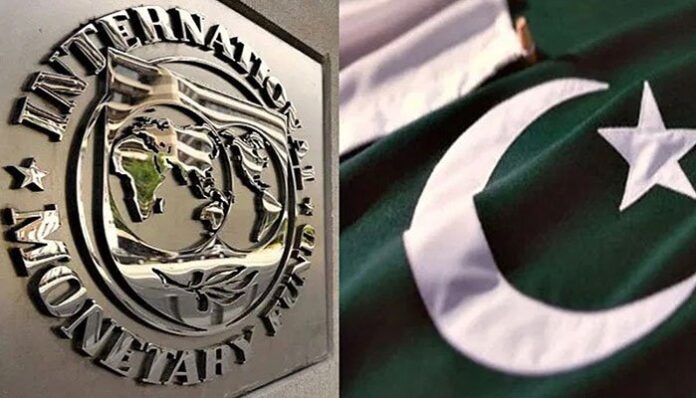The International Monetary Fund (IMF) has raised objections to several tax proposals in Pakistan’s upcoming budget, including a capital value tax (CVT) on moveable assets and a federal excise duty (FED) on one-day-old chicks, both of which were not endorsed by the IMF. The proposed measures have raised concerns within the government and tax authorities, as they may impact different sectors, The Express Tribune reported.
The FBR proposed a 5% federal excise duty on one-day-old chicks, but the IMF found this measure counterproductive, as it was seen as targeting a specific industry without expanding the tax base. The proposal came amid a tax case involving a poultry sector company, and the IMF pointed out that the measure lacked a broader economic impact.
However, the IMF did agree to a proposal for imposing a tax on digital services, with an expected revenue generation of Rs10 billion. There were also discussions regarding raising the tax on dividend income from mutual funds from 15% to 20%, and increasing withholding tax on interest income from 15% to 20%. Another proposed change is the potential withdrawal of income tax exemptions for venture capital companies and the cinema industry.
A key proposal under consideration involves reintroducing the wealth tax in the form of a CVT on all moveable assets, excluding listed company shares. This proposal was presented by the Federal Board of Revenue (FBR) to the IMF, but the international body rejected it, advising that Pakistan should focus on taxing income rather than wealth. The FBR had aimed to target cash balances in banks to generate revenue but faced criticism for not conducting sufficient studies to support the proposal.
The budget also includes plans to increase the tax on fertilisers, with discussions ongoing about possibly doubling the federal excise duty on this sector.
Additionally, the government is expected to face challenges in meeting the tax revenue target of Rs14.130 trillion, as proposed in the negotiations with the IMF. Non-tax revenue is expected to contribute Rs4 trillion, bringing the total revenue target to Rs17.1 trillion.
The IMF has agreed to the allocation of Rs1.186 trillion in budget subsidies, with a significant portion earmarked for the power sector. Development budgets for the federal and provincial governments are projected to be Rs873 billion and Rs2.1 trillion, respectively, but these figures fall short of the amounts originally proposed by provincial governments.
As the budget continues to take shape, the IMF’s influence remains pivotal in determining which measures will be implemented to stabilise Pakistan’s economy and generate revenue for the fiscal year 2025-26.




